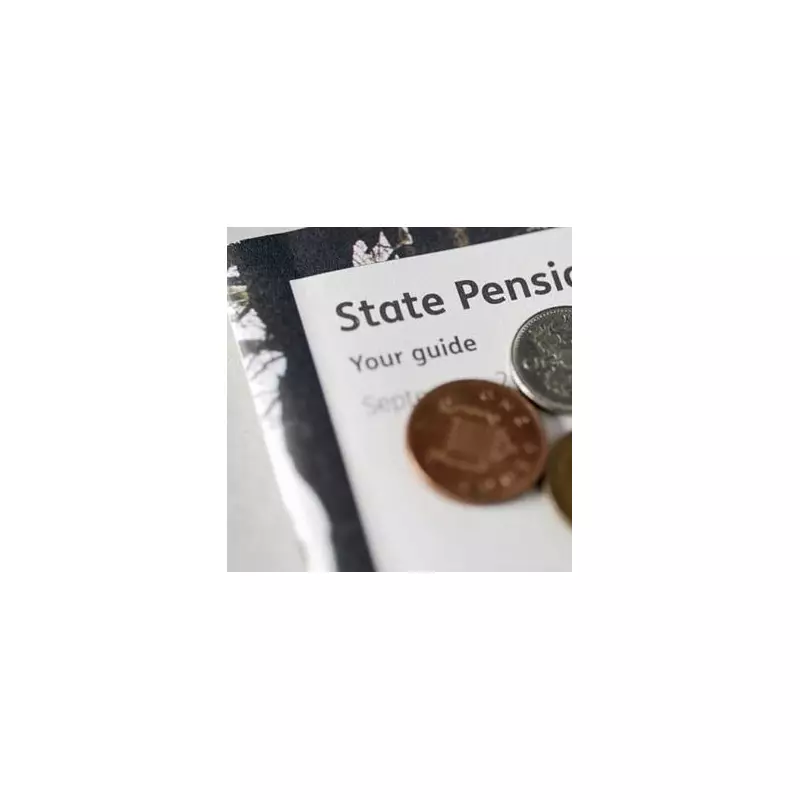
Millions of state pensioners across the UK are facing significant changes to how they receive their payments, with concerns growing about the potential impact on household budgets during the ongoing cost of living crisis.
The Payment Shift You Need to Know About
The Department for Work and Pensions (DWP) is accelerating its transition from traditional payment methods to monthly bank transfers, primarily affecting those born before 1959. This move away from weekly or fortnightly payments could create budgeting challenges for pensioners who have organised their finances around more frequent income.
Why This Change Matters Now
With inflation still biting and energy costs remaining high, the timing of this transition has raised eyebrows among financial experts and age charity organisations. The shift to monthly payments means pensioners will need to manage their money over longer periods, potentially leading to difficult choices between essential expenses.
Who Exactly Is Affected?
The changes primarily impact:
- Pensioners receiving payments through older methods like cheques or payment cards
- Those who haven't yet switched to bank account payments
- Individuals who prefer more frequent payment schedules
- Older pensioners who may be less comfortable with digital banking
Expert Concerns and Warnings
Age UK and other advocacy groups have expressed serious concerns about the potential consequences. "Moving to monthly payments without adequate support could leave some pensioners struggling to make ends meet," warns one charity representative. "Many older people have budgeted weekly their entire lives - changing this rhythm requires careful planning."
What Pensioners Should Do Next
If you're affected by these changes, financial advisors recommend:
- Contact the DWP immediately if you haven't already provided bank details
- Review your budgeting approach to accommodate monthly payments
- Seek free financial advice from organisations like Citizens Advice
- Explore bill smoothing schemes with energy providers
The DWP maintains that monthly payments are more efficient and secure, but acknowledges that support is available for those struggling with the transition. However, critics argue that during a cost of living crisis, any disruption to pension payments could have serious consequences for vulnerable older people.





